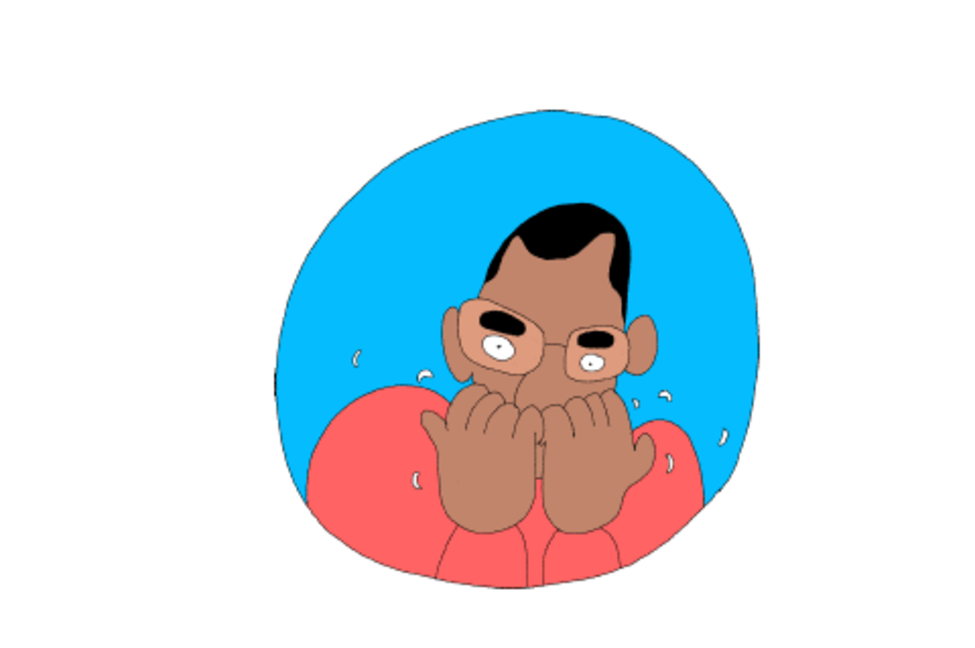Stress Awareness Month
Stress can be debilitating, and it can cause and/or aggravate health problems. And since stress is a normal part of human existence, nobody is immune to it and it’s important to arm ourselves with knowledge so that we recognise when stress rears its ugly head. (Amazingly, we don’t always notice it’s happening to us.)










